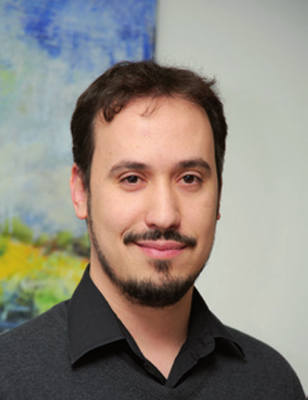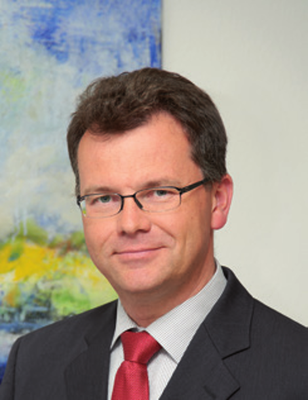Advanced Damage Modeling: Orthotropic Materials
This one-day course is intended for engineers and researchers who already have relevant experience in the area of material damage and failure. The main goal of this class is therefore to present the current modeling capabilities of LS-DYNA regarding the simulation of complex degradation phenomena typically observed in materials that are used in industrial applications.
For instance, the use of aluminum extrusions in the automotive industry has significantly increased over the last years, especially due to their low density and excellent energy absorption under crash loadings. However, such materials exhibit a highly orthotropic behavior both in plasticity and in failure for which an orientation-dependent damage
accumulation is necessary for accurate results. Polymers are a further example of materials that, under certain circumstances, require a more advanced treatment of the damage modeling than the typically applied scalar damage models.
In this class some important concepts regarding orthotropic and anisotropic damage are reviewed as well as typical modeling approaches found in the literature. Advanced damage models implemented in LS-DYNA are then presented in detail. In particular, attention is devoted to the modular damage/failure model in *MAT_ADD_GENERALIZED_DAMAGE for which some simple application examples are shown.
Prior attendance at the class “Damage and Failure Modeling” is strongly recommended.
| Dates | Duration/days | Calendar | Registration | Referee | Language | Location | Fee |
|---|---|---|---|---|---|---|---|
| 23.05.2025, 09:00 - 17:00 | 1 day | Add to calendar | Filipe Andrade | English | Stuttgart (GER) | 525 € | |
| 17.11.2025, 09:00 - 17:00 | 1 day | Add to calendar | Filipe Andrade | English | Stuttgart (GER) | 525 € |
Lecturers
Filipe Andrade

Areas of expertise:
Material modeling, FE theory
Academic studies:
Mechanical engineering
André Haufe

Prof. Dr.-Ing.
Manager process simulation
Areas of expertise:
Material modeling, forming simulations, joining techniques
Academic studies:
Civil engineering